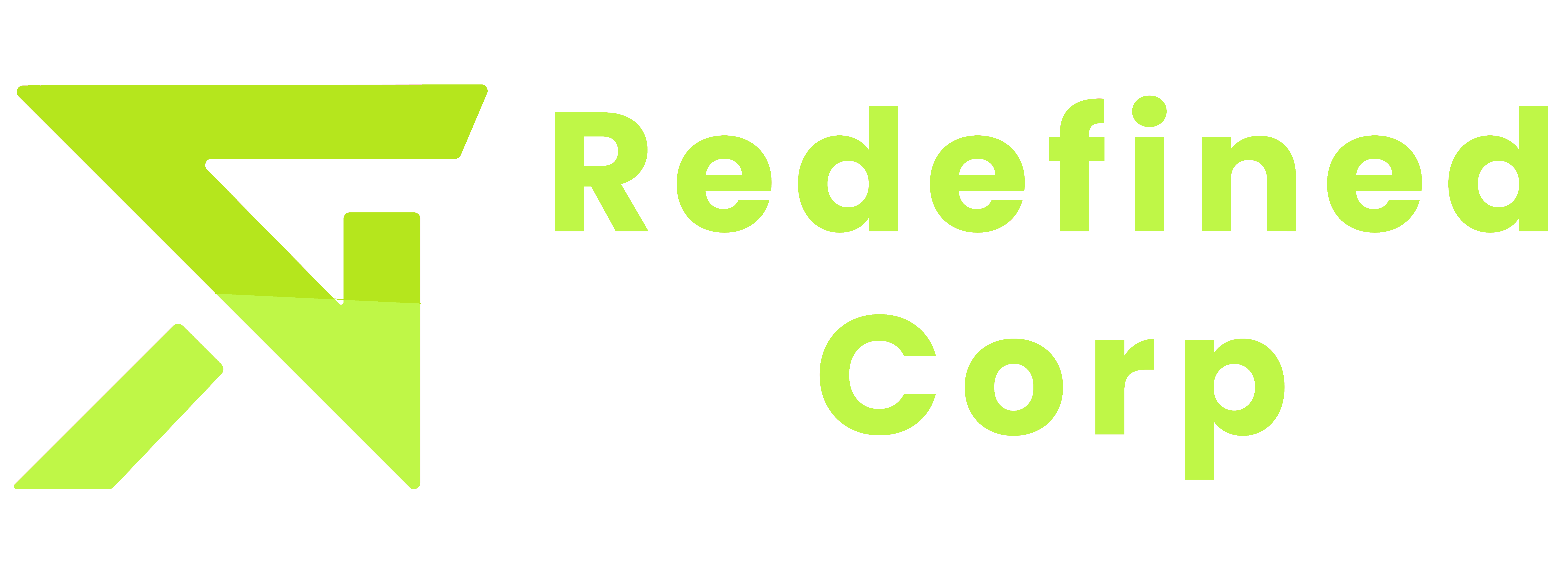Data warehousing involves the process of collecting, storing, and managing large volumes of structured and unstructured data from various sources for analysis and reporting. It provides a centralized repository for decision-makers to access and analyze data for strategic insights. Relevant technologies in data warehousing include:
Relational Database Management Systems (RDBMS):
- Oracle Database:
- Microsoft SQL Server:
- IBM Db2:
A widely used relational database management system known for its scalability and reliability.
A robust RDBMS with integrated business intelligence capabilities.
A family of data management products with features for data warehousing and analytics.
Data Warehousing Platforms:
- Snowflake:
- Amazon Redshift:
- Google BigQuery:
A cloud-based data warehousing platform known for its scalability, performance, and ease of use.
A fully managed data warehousing service in the cloud, designed for scalability and high performance.
A serverless, highly scalable data warehousing solution for analytics workloads.
Data Integration Tools:
- Informatica:
- Talend:
- Apache Kafka:
A leading data integration platform for connecting and integrating data from various sources.
An open-source data integration platform with capabilities for data profiling, cleansing, and transformation.
Used for real-time data integration and streaming between systems.
Data Modeling and ETL (Extract, Transform, Load):
- Star Schema:
- ETL Tools (e.g., Informatica PowerCenter, Talend Data Integration):
- Apache Spark:
A widely used schema design for data warehousing, optimized for query performance.
Used for extracting data from source systems, transforming it, and loading it into the data warehouse.
Used for large-scale data processing and ETL operations in data warehousing environments.
Business Intelligence and Analytics Tools:
- Tableau:
- Microsoft Power BI:
- Looker:
A popular business intelligence tool for visualizing and analyzing data from data warehouses and other sources.
A suite of business analytics tools for creating interactive dashboards and reports.
A data exploration and business intelligence platform that integrates with various data warehouses.
Data Governance and Security:
- Data Encryption:
- Access Control Policies:
- Data Quality Management:
Ensures data security and privacy during storage and transmission.
Define permissions and roles to control access to sensitive data within the data warehouse.
Processes and tools to ensure data accuracy, completeness, and consistency.
Data Warehousing Implementation in a Multi-national Pharmaceutical Firm
Background:
A multi-national pharmaceutical firm seeks to improve its decision-making processes, regulatory compliance, and research and development efficiency through data-driven insights. The company collects vast amounts of data from clinical trials, research studies, manufacturing processes, sales transactions, and supply chain operations.
Challenges:
- Data Silos:
- Regulatory Compliance:
- Data Quality:
- Scalability:
- Advanced Analytics:
Data is scattered across various systems and departments, hindering access and analysis.
The pharmaceutical industry is highly regulated, requiring strict compliance with data privacy and security regulations.
Ensuring the accuracy, completeness, and consistency of data is critical for reliable analysis and decision-making.
With the growing volume and complexity of data, scalability and performance are essential for the data warehouse solution.
The company aims to leverage advanced analytics and machine learning to gain deeper insights into drug efficacy, patient outcomes, and market trends.
Solution:
The pharmaceutical firm implements a robust data warehousing solution using relevant technologies:
Data Integration and ETL:
Data Storage and Management:
Data Governance and Security:
Advanced Analytics and Reporting:
Compliance and Regulatory Reporting:
By leveraging data warehousing technologies and best practices, the multi-national pharmaceutical firm transforms its data into a strategic asset, driving innovation, compliance, and growth.


